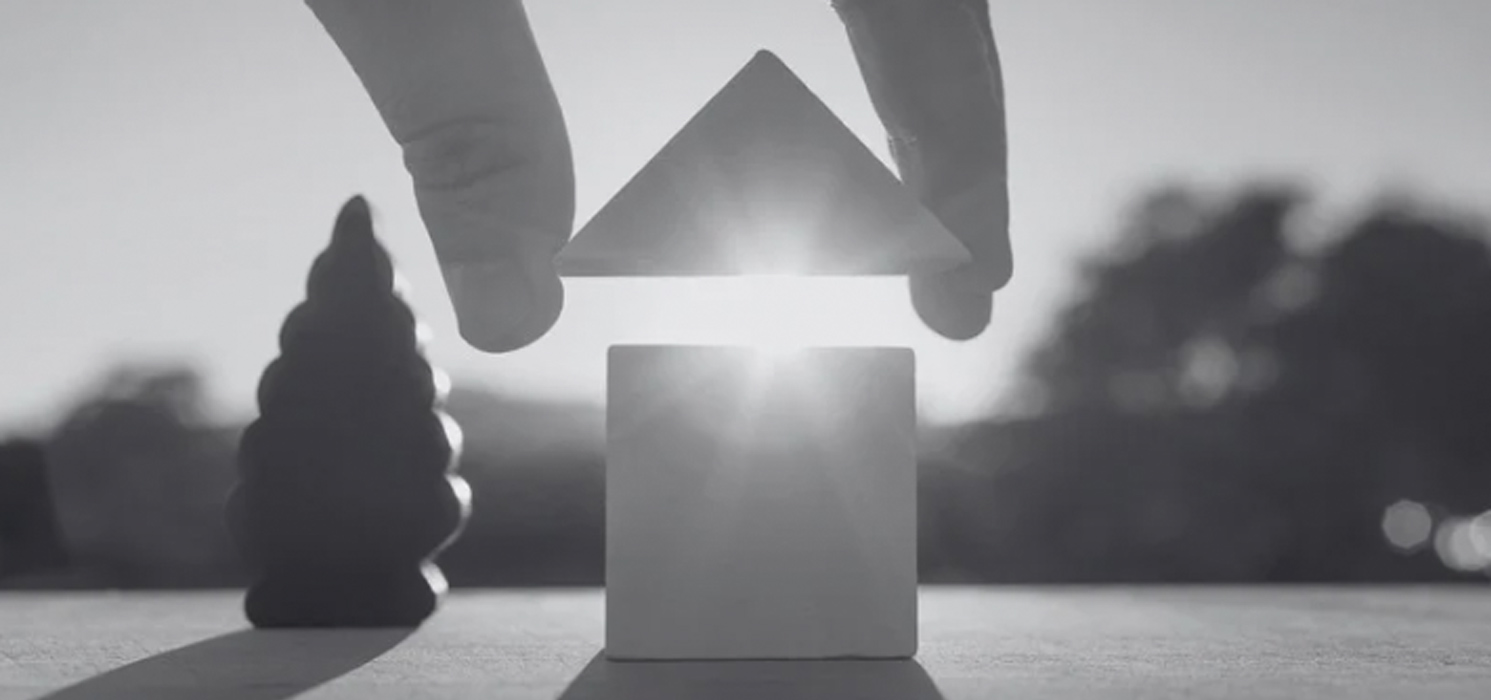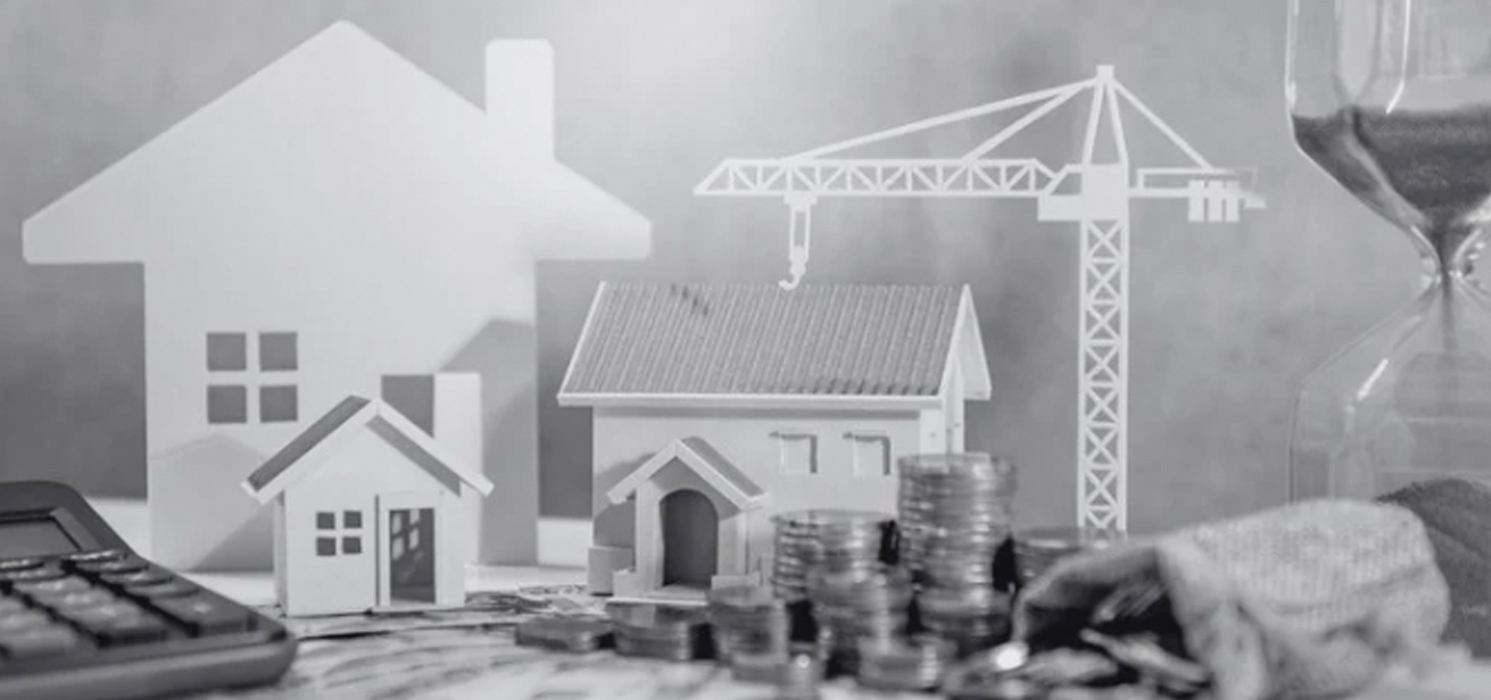What is a Rate Buy Down?
A rate buy down, also known as"buying down the rate" or "paying points," is a strategyused in mortgage financing to lower the interest rate on a loan by paying anupfront fee. Essentially, borrowers can prepay a portion of the interest dueover the life of the loan in exchange for a reduced interest rate. This upfrontpayment can result in lower monthly mortgage payments, providing potentialsavings over the life of the loan.
How Does a Rate Buy Down Work?
Let's break it down into simpleterms. When you take out a mortgage, the lender determines your interest ratebased on various factors such as your credit score, loan amount, and thecurrent market conditions. However, you have the option to pay additionalupfront fees, known as "points," to reduce your interest rate.
For example, if your lenderoffers you a 30-year fixed-rate mortgage with an interest rate of 4%, you mighthave the option to pay points upfront to lower the rate. Each point typicallycosts 1% of the loan amount and can lower your interest rate by a fraction of apercentage point, such as 0.25%.
Types of Rate Buy Downs:
- Temporary Rate Buy Down: With this option, borrowers pay points upfront to lower their interest rate for a specified period, usually the first few years of the loan. After the temporary period expires, the interest rate typically reverts to the original rate.
- Permanent Rate Buy Down: This option involves paying points upfront to permanently reduce the interest rate for the entire duration of the loan. Borrowers benefit from lower monthly payments for the entire term of the mortgage.
Benefits of Rate Buy Downs:
- Lower Monthly Payments: By lowering the interest rate, rate buy downs can result in more affordable monthly mortgage payments, freeing up cash flow for other expenses.
- Long-Term Savings: Permanent rate buy downs can lead to significant savings over the life of the loan, outweighing the upfront cost of the points.
- Protection Against Rate Increases: Locking in a lower interest rate provides protection against future rate hikes, ensuring predictable payments over time.
Disadvantages of Rate BuyDowns:
· UpfrontCost: The initial expense ofpurchasing points can be a significant barrier for many borrowers, especiallythose with limited funds.
· MarketUncertainty: There's a risk thatinterest rates may decline further after purchasing points, potentiallydiminishing the savings from the rate buy down.
· NotIdeal for Short-Term Ownership:Rate buy downs may not be suitable if you plan to sell or refinance theproperty in the near future, as you may not recoup the upfront cost within ashort timeframe.
Rate buy downs can be a valuabletool for borrowers looking to lower their mortgage payments and save money overthe life of their loan. If you're considering a rate buy down, be sure toconsult with a knowledgeable mortgage professional who can help you exploreyour options and determine the best strategy for your unique situation. Withthe right approach, you can secure a mortgage that meets your needs and setsyou on the path to financial success.
For more insights into real estate investing and the 2024 outlook ofthe market, check out Episode 110 of The Build Up Podcast below for Candice andMalessa’s informative episode with Brown Harris Steven’s Chief Economist,Gregory Heym.
Watch The Episode











